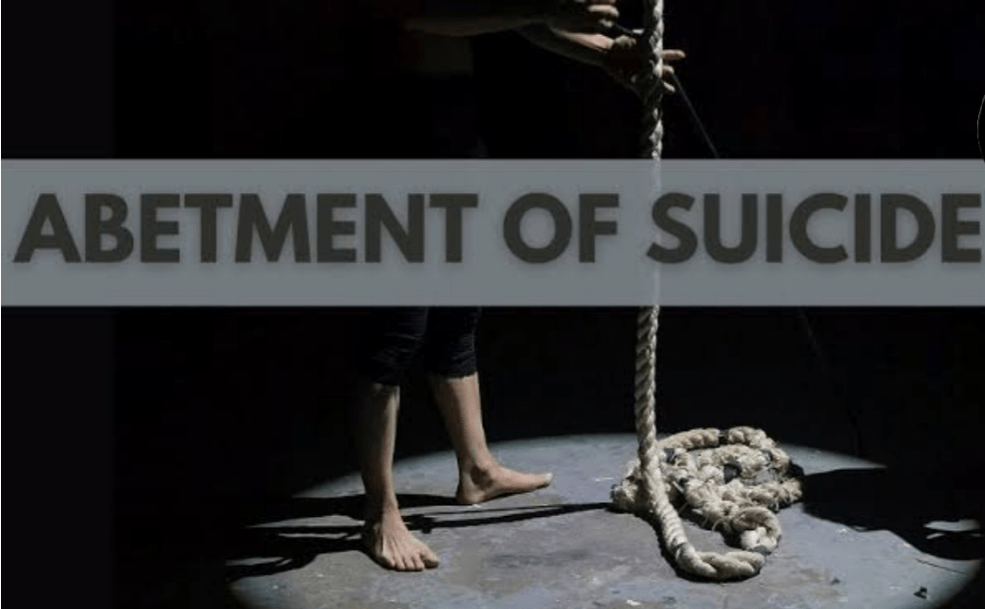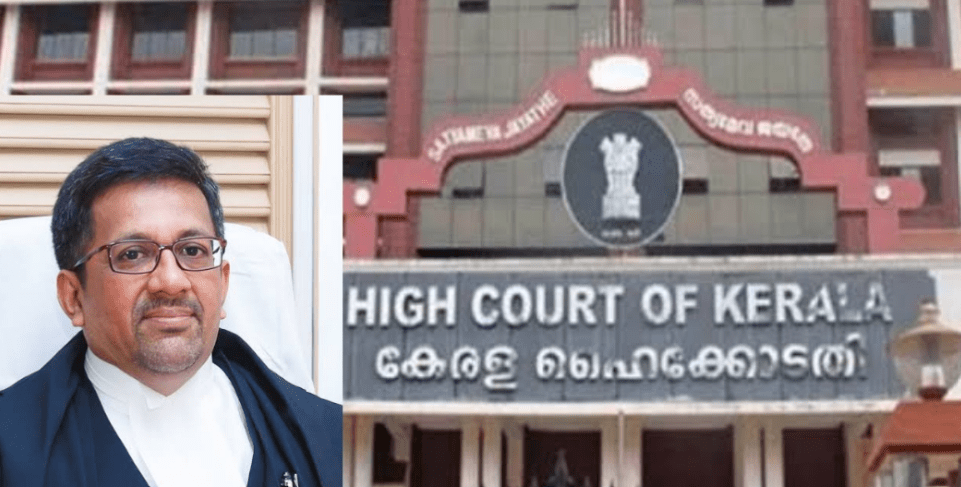The Kerala High Court recently clarified that being accused under Section 498A of the Indian Penal Code (IPC) does not automatically imply guilt for abetment of suicide under Section 306 IPC. This decision came while considering an appeal by a man and his mother, both accused of driving a woman to suicide due to dowry harassment.
The accused were initially charged under Sections 304B (dowry death), 306 (abetment of suicide), and 34 (acts done by several persons in furtherance of common intention) of the IPC. The Sessions Court convicted and sentenced them, prompting their appeal to the High Court.
The High Court stated, “Depending on the facts and circumstances of an individual case, subjecting a woman to cruelty may amount to an offense under Section 498A and may also, if a course of conduct amounting to cruelty is established leaving no other option for the woman except to commit suicide, amount to abetment to commit suicide. However, merely because an accused has been held liable to be punished under Section 498A IPC, it does not follow that on the same evidence he must also and necessarily be held guilty of having abetted the commission of suicide by the woman concerned.”
The Court highlighted the reverse burden of proof placed on the accused under Sections 113B and 113A of the Indian Evidence Act for offenses of dowry death under Section 304B IPC and abetment of suicide under Section 306 IPC. An example was given of the reverse burden under the Narcotic Drugs and Psychotropic Substances Act, 1985, in the case of Noor Aga v. State of Punjab and Anr.
The prosecution successfully established the fundamental constituents for attracting the provisions of Section 304B against the husband: the woman’s death occurred under abnormal circumstances within seven years of marriage, she was subjected to cruelty or harassment soon before her death, and this was in connection with a dowry demand.
While the mother was acquitted due to insufficient evidence, the husband’s conviction and sentence were upheld by the High Court.
This ruling reinforces the need for distinct and specific evidence for each charge under the IPC, ensuring that the principle of “innocent until proven guilty” is upheld in the judicial process.
Be a part our social media community:
Facebook: https://www.facebook.com/IndianMan.in?mibextid=ZbWKwL
Instagram:
https://www.instagram.com/indianman.in?igsh=MWZ2N3N0ZmpwM3l3cw==




